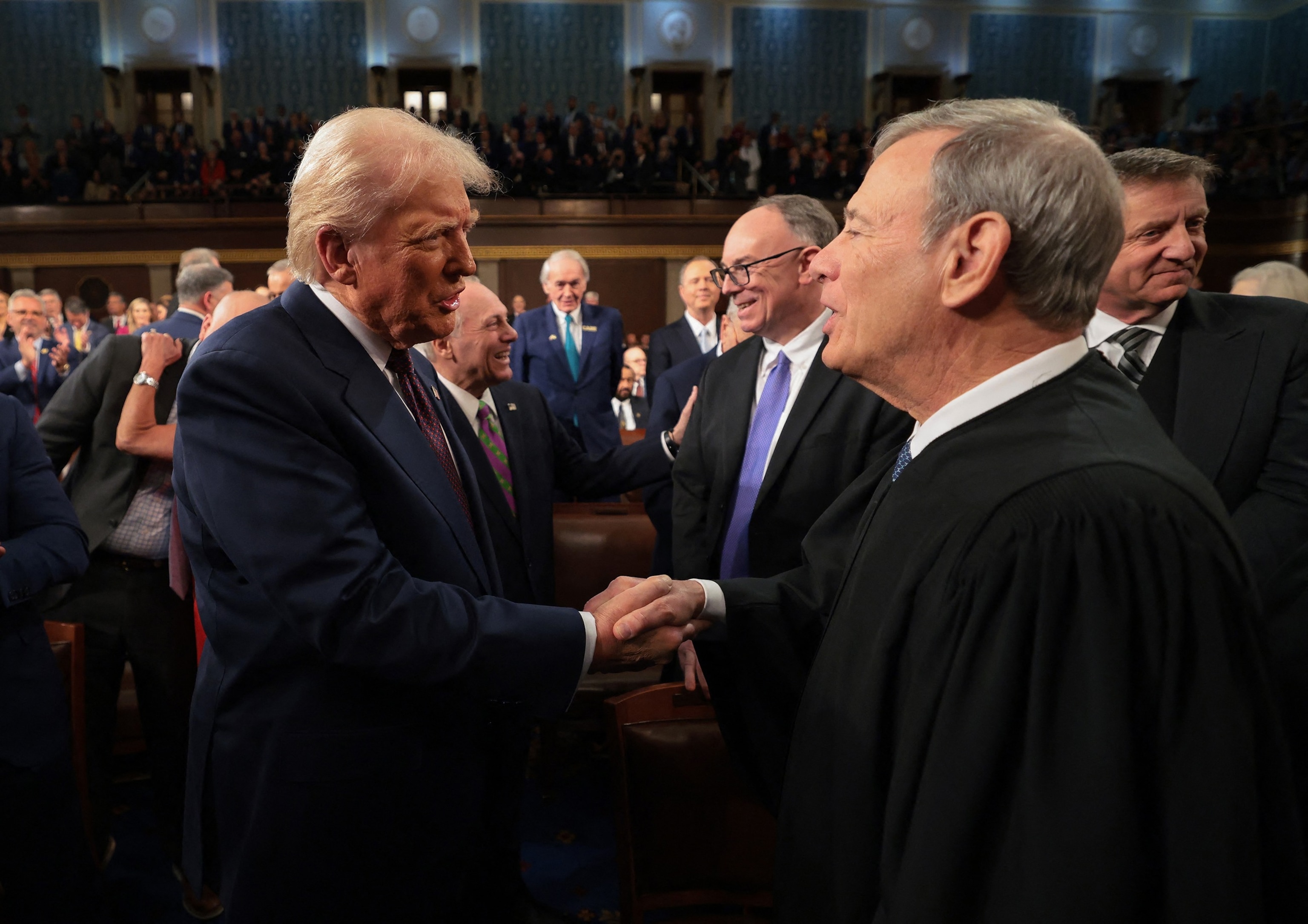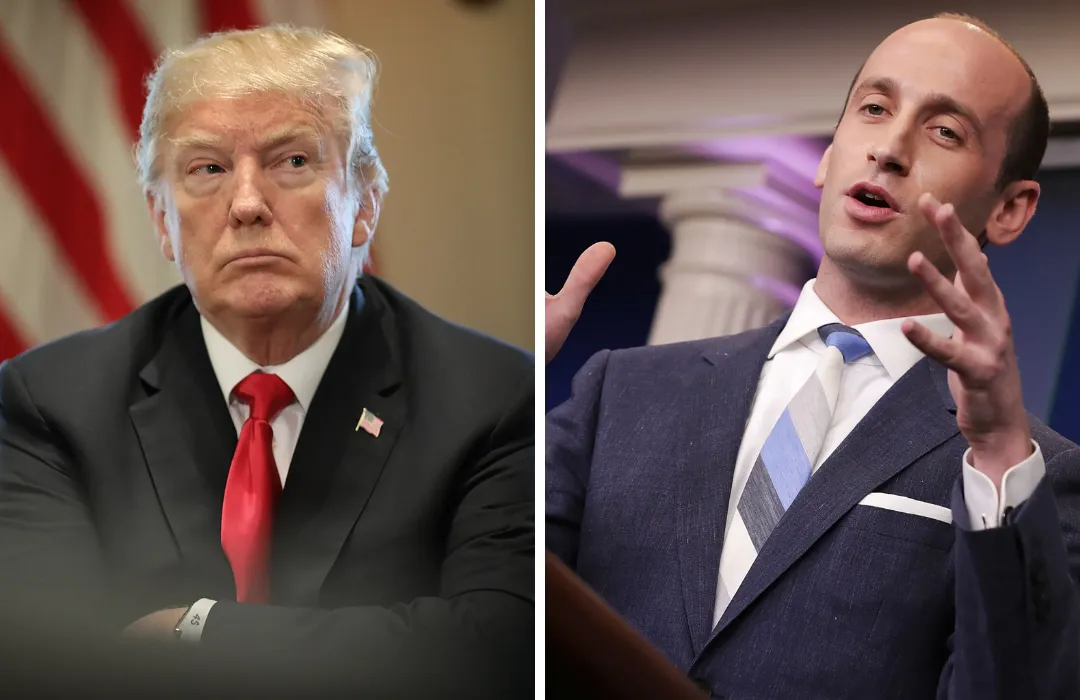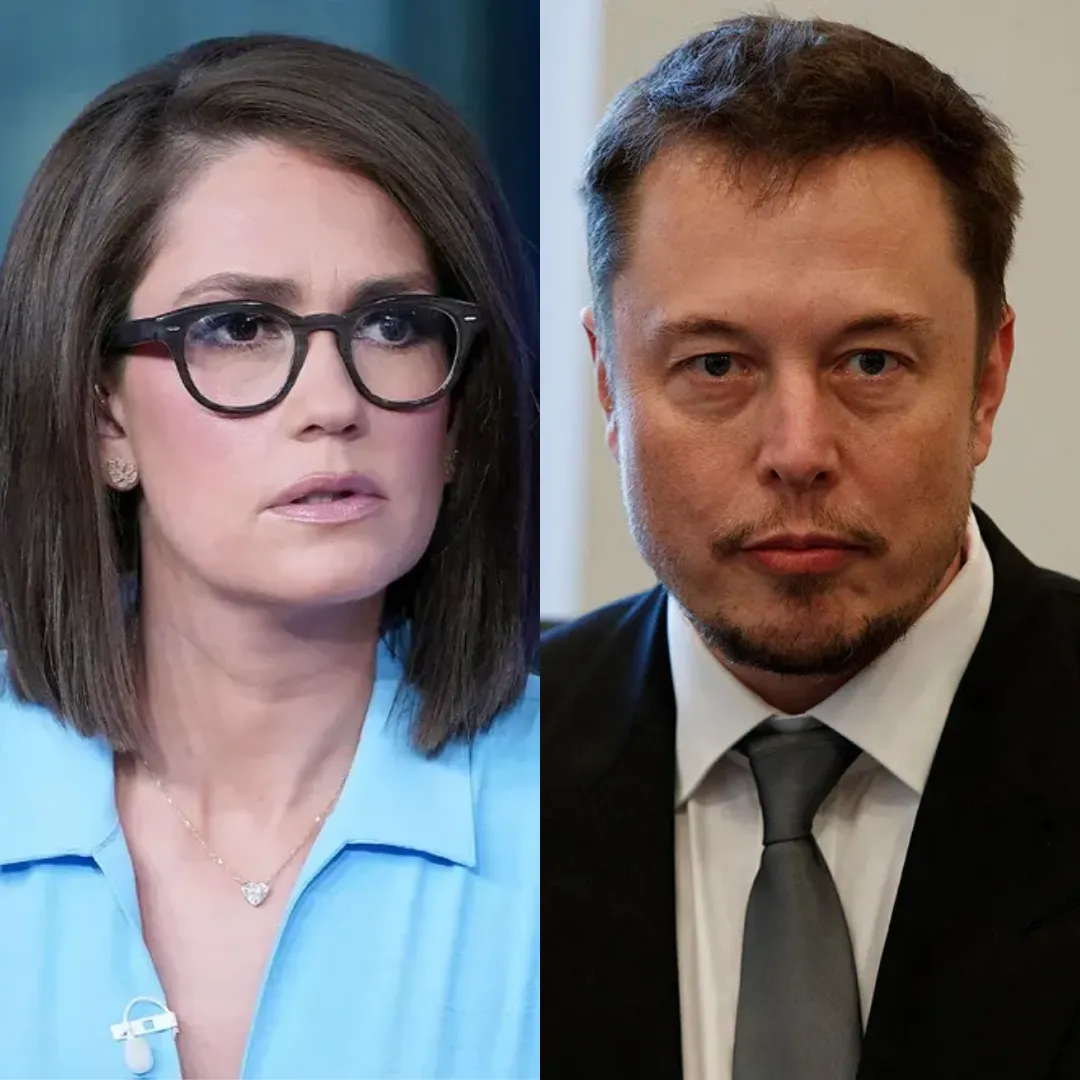
President Donald Trump has once again stirred controversy with his call to impeach a federal judge, this time targeting U.S. District Judge James Boasberg. The president’s remarks came after Judge Boasberg issued a ruling that blocked a key part of Trump’s deportation policy, which involved the swift deportation of Venezuelan migrants the administration had labeled as gang members.
In an interview on Fox News’s "The Ingraham Angle" on Tuesday, Trump voiced his frustration with the judge’s decision, as well as with Chief Justice John Roberts' statement made in response to the ongoing political tensions.
Trump’s comments followed closely after Chief Justice Roberts’ public statement, which appeared to address the growing political fallout surrounding the president’s calls for judicial actions. However, Trump pointed out that Roberts’ statement did not specifically mention him by name, although the chief justice’s comments were seen as a subtle rebuttal to Trump’s ongoing criticisms of judges who make rulings unfavorable to his administration.
“I just saw it quickly, and he didn’t mention my name,” Trump said during his Fox News interview. “But many people have called for his impeachment. The impeachment of this judge. I don’t know who the judge is. He is radical left. He is Obama-appointed.”
Trump’s critique was clearly aimed at Judge Boasberg, who was appointed by former President Barack Obama.
At the heart of Trump’s remarks was a strong condemnation of the judge’s ruling that blocked the administration’s use of the Alien Enemies Act of 1798. The law had been invoked to expedite the deportation of Venezuelan migrants whom the government had labeled as dangerous gang members.
Trump made it clear that he felt this decision, which prevented the administration from swiftly removing individuals he deemed criminally dangerous, was beyond the purview of the judiciary.

According to Trump, the authority to decide who should be deported should lie with the president and not with individual judges. “He actually said we shouldn’t be able to take criminals, killers, murderers, horrible, the worst people, gang members, gang leaders — that we shouldn’t be allowed to take them out of our country,” Trump said in the interview.
“Well, that is a presidential job. Not for a local judge to be making that determination.”
The ruling had sparked considerable backlash from the Trump administration, with the president's supporters arguing that it undermined efforts to protect American citizens from dangerous criminals. Boasberg’s decision raised questions about the limits of presidential authority when it comes to deportation and national security issues.
On the same day that Trump appeared on Fox News, Chief Justice John Roberts addressed the controversy surrounding Trump’s calls for impeachment, specifically the push to remove Judge Boasberg from the bench. Although Roberts did not mention Trump by name, his statement was widely interpreted as a defense of judicial independence.
Roberts emphasized that impeachment was not an appropriate response to a disagreement with a judicial ruling, particularly one made by a district court judge.
“For more than two centuries, it has been established that impeachment is not an appropriate response to disagreement concerning a judicial decision,” Roberts said. “The normal appellate review process exists for that purpose.”
This statement was seen as a clear pushback against the president’s calls for impeachment, reinforcing the notion that judicial decisions should be challenged through the established legal process rather than through political retribution.

Trump, however, remained adamant in his criticism of Judge Boasberg and his ruling. The president used his Truth Social platform to publicly attack the judge, calling him a “radical left lunatic” and a “troublemaker and agitator.”
He further called for Boasberg’s removal from office, echoing the same impeachment calls he had made during the Fox News interview.
“This judge, like many of the Crooked Judges I am forced to appear before, should be IMPEACHED!!! WE DON’T WANT VICIOUS, VIOLENT, AND DEMENTED CRIMINALS, MANY OF THEM DERANGED MURDERERS, IN OUR COUNTRY. MAKE AMERICA GREAT AGAIN!!!” Trump wrote in a post on Truth Social.
The dispute between Trump and Judge Boasberg represents a broader tension between the executive branch and the judiciary, particularly when it comes to the president’s efforts to implement immigration policies. Trump’s hardline stance on immigration, including his calls for the swift removal of individuals deemed to be dangerous, has frequently led to clashes with judges who interpret the law differently.
These legal battles have been a central theme of Trump’s presidency, with the president often accusing judges of overstepping their authority or making politically motivated rulings.
While Trump’s calls for impeachment were not acted upon, they reflect a growing frustration with the judiciary, especially when it comes to rulings that challenge his policies. The president has repeatedly criticized judges who rule against his administration, portraying them as biased or part of a broader political agenda to undermine his presidency.
The tension also highlights the delicate balance between the branches of government, with the judiciary acting as a check on presidential power. Although the president has the ability to shape the judiciary through appointments, the independence of judges remains a cornerstone of the American legal system.
The disagreement over the deportation case is just one example of the ongoing struggles between the executive and judicial branches over immigration policy.
As the Trump administration continues to face legal challenges, the relationship between the president and the judiciary will likely remain a point of contention. Trump’s repeated calls for impeachment and his outspoken criticism of judges who rule against him serve as a reminder of the power struggle between the executive and judicial branches of government.
For now, the legal process will continue to play out in the courts, and the question of presidential authority over deportations remains unresolved.



-1746756796-q80.webp)
-1746758742-q80.webp)